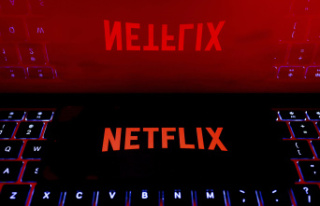"History does not repeat itself, but sometimes it rhymes." The phrase of the most influential writer in the United States, Mark Twain, seems to be gaining currency in the banking crisis that the country has been experiencing for a month and a half. In the 'junk mortgage' crisis of 2007 and 2008, JP Morgan Chase, led by Jamie Dimon, was one of the banks that helped rescue banks from the brink of bankruptcy, sometimes with help from the Fed. Federal. This is how JP Morgan became by far the largest bank in the United States. And last night, JP Morgan was one of the entities that had submitted an offer for First Republic, the fourteenth largest bank in the US, based in San Francisco whose value has practically volatilized in the month of April.
At the moment the figure or the conditions proposed by JP Morgan are unknown, but it is known that this was not the only bank interested in acquiring First Republic. PNC, the sixth largest bank, had also entered the fray. According to some information, up to a total of twelve financial entities have expressed their interest in acquiring First Republic. The Federal Deposit Insurance Corporation (FDIC), which is the equivalent of the Deposit Insurance Fund in the United States, was evaluating the different options, and it was expected that they would issue an opinion declaring the winner at the last minute of the afternoon in Washington (early morning in Spain), before the Asian markets opened.
The FDIC's goal is to prevent the First Republic crisis from spreading to Asia and from there to the rest of the world, as happened when Silicon Valley Bank (SVB) was intervened in March, causing a cascading effect that ended up causing the demise of Switzerland's second largest bank, Credit Suisse, which had to be taken over by rival UBS.
The acquisition of First Republic by JP Morgan or rival Bank of America is opposed by left-wing Democrats who say the US banking market is overly concentrated. Actually, that is not the case. Although the US has been tending towards concentration in the sector for decades, the market share of large entities is nowhere near that of the European giants in their respective markets. JP Morgan, for example, hardly has a presence in a state like California, which, if it were independent, would be a G7 economy, and in which the First Republic operates.
According to the criteria of The Trust Project












